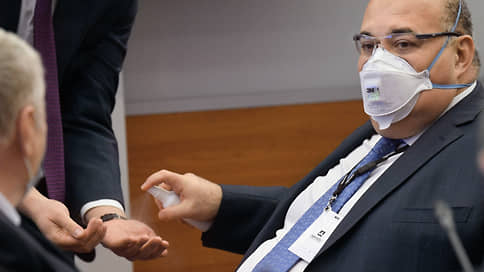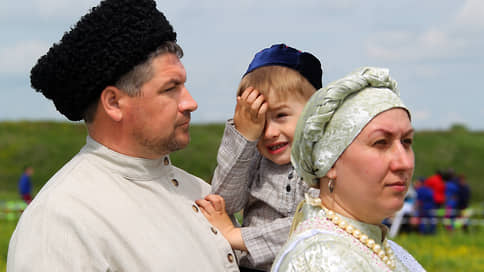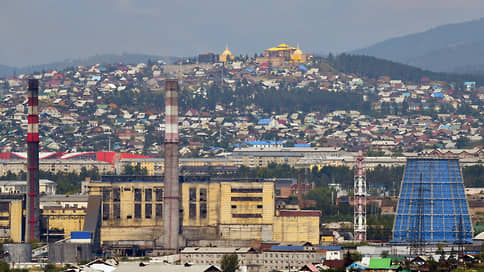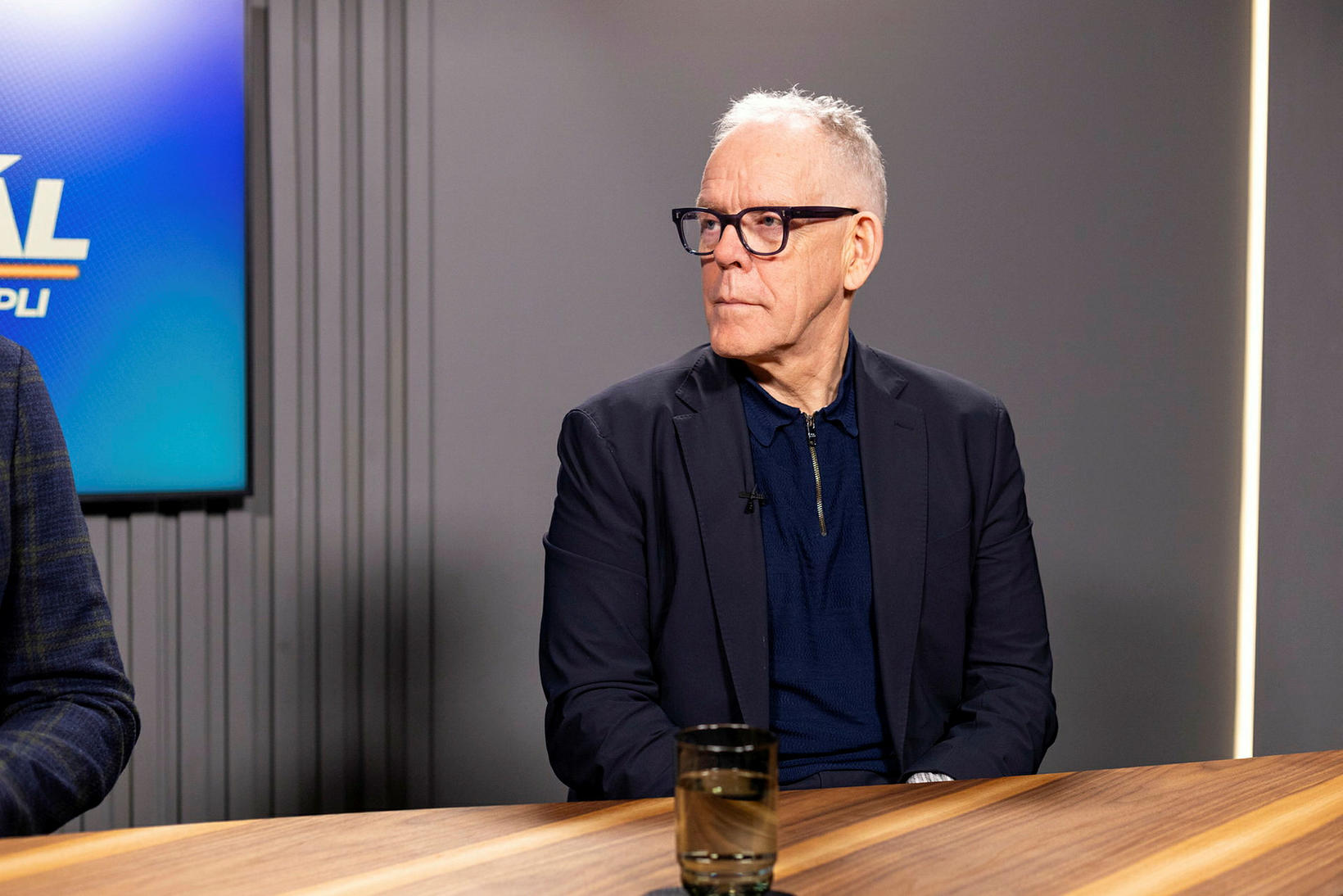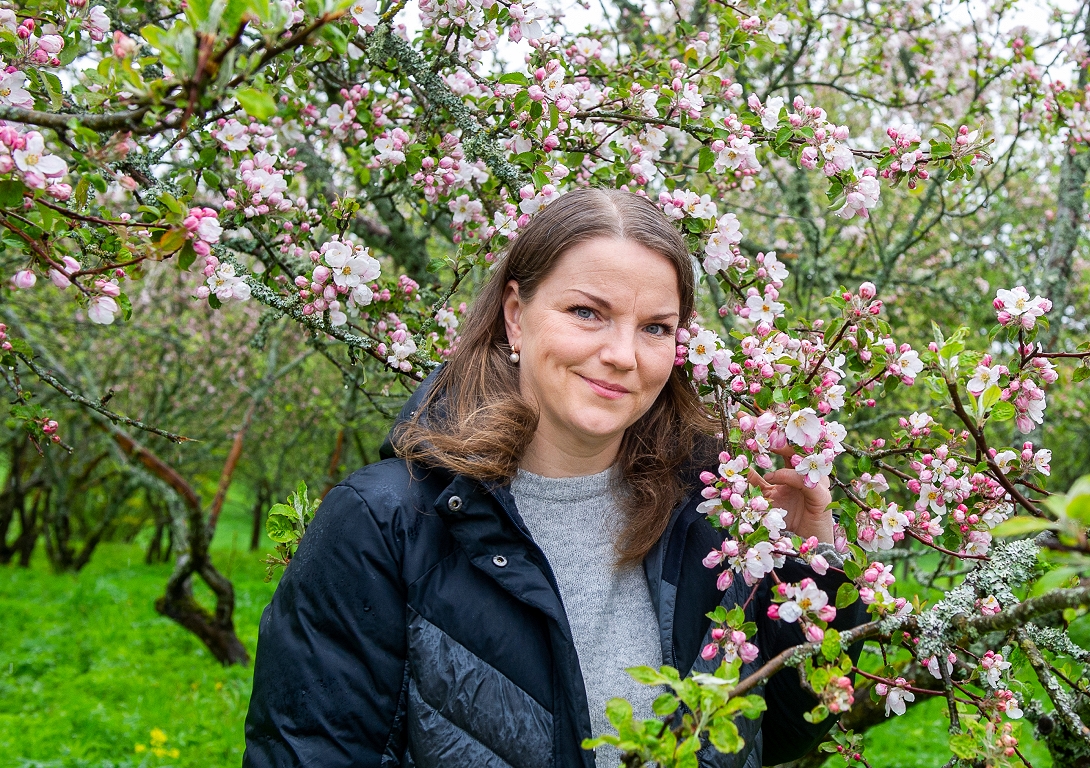What qualities are Russians expect from the new elite and how they can be raised
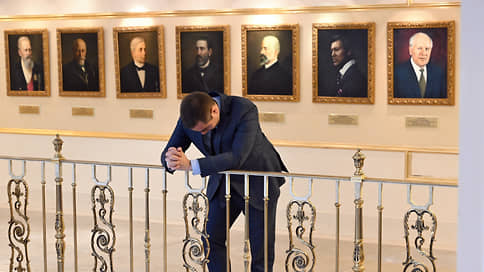
Most of the Russians surveyed would want updates to state elites, the representative of the All -Russian Union Mikhail Mamonov said on May 29 at the round table of the expert institution of social research. From new managers, according to sociologists, people expect decency, professionalism, concerns about the people and patriotic manifestations. Already neglected personnel programs are quite capable of educating these qualities, including for participants in their own, the participants in the discussion are sure.
The request for updating the managerial elite among Russians is unambiguously expressed, the head of the Department of Political Studies of the VTIMOM Mikhail Mamonov told the round table to the round table. The data of all -Russian polls indicate that 61% of respondents positively refer to the arrival of new managers in power. “People want to see new people, but these people should have new qualities,” said Mr. Mamonov. Ten of the most popular qualities of state governors open honesty (34%) and care for the people (21%). In general, respondents’ aspirations fit into five groups of basic characteristics, the sociologist said: honesty and decency, professionalism and responsibility, proximity to people, patriotism, competence (see schedule).
Against this background of attention of the company, the current personnel programs are also awarded, Mikhail Mamonov said: 55%of the respondents know about the “leaders of Russia”, 70%are about “time of heroes”, while 69%are positively related to the latter. This attitude is dictated precisely by the wishes of the respondents “in terms of elite renewal”, the sociologist explained. So, 59% of respondents positively relate to the appointment of participants in posts of various levels at only 15% of opponents of such a policy. Among the latter, “priority are those who are dissatisfied today” as a whole, emphasized Mr. Mamonov.
The request of citizens pushes to a generalized conclusion about the significance of the characteristics of the “service”, the sociologist believes: “Work in the name of the Motherland, responsibility for their business and their country is one of the key requests for the elite.” According to the VTsIOM, the opinion that “to serve the homeland means selflessly and sincerely surrender to their work” is shared by 89% of respondents. “Service is just the criterion by which we can attribute to the elite of a public or state leader,” agreed the member of the Public Chamber Andrei Maksimov. “Among traditional values, serving the Fatherland and responsibility for his fate occupy a special place,” political analyst Vladimir Shapovalov strengthened the thesis.
The integration in the elite of those who are ready to serve, as well as the introduction of qualities that are already available to the people who are already available to the people, are occupied by specialized educational sites working under the patronage of the presidential administration (Tavrida, Mashuk, Senezh, Sources, etc.), followed from the words of experts. “This is a reboot, in a good way, a system of working with personnel, which was in the Soviet Union,” explained Anton Serikov, director of Mashuk. In the future, according to his conviction, such “centers of knowledge” will cover the whole country and become the “basis for retraining” everyone who works for the state.
Participants in the round table, which passed through the most “young” personnel programs, made it clear that they also realize the degree of responsibility assigned to them.
For example, the Hero of the Russian Federation, an employee of the Ministry of Education, Igor Yurgin, said that military experience taught him to shy in inaction, love his homeland and steadily endure all the hardships of the service, and re -training at the “time of heroes” ensured proper experience in the formation of managerial teams. And the participant of the competition of social architects Anton Vertuntsov said that, unlike strictly aimed at the result of political strategists, specialists of the new profile « are thinking not only about how I will get the result, but also about what will remain after me. »

